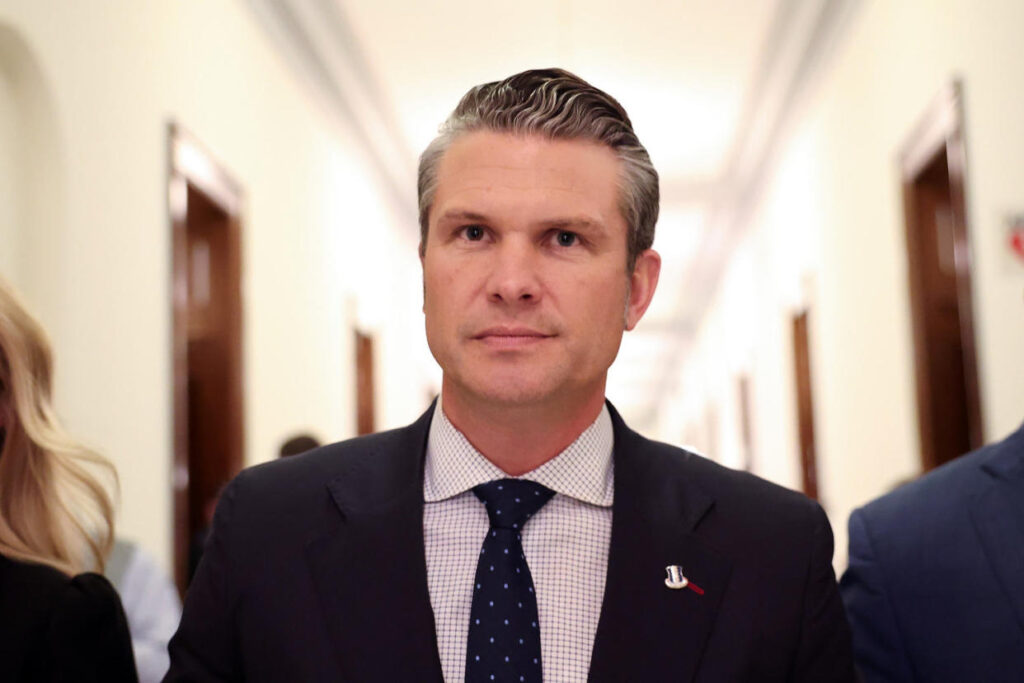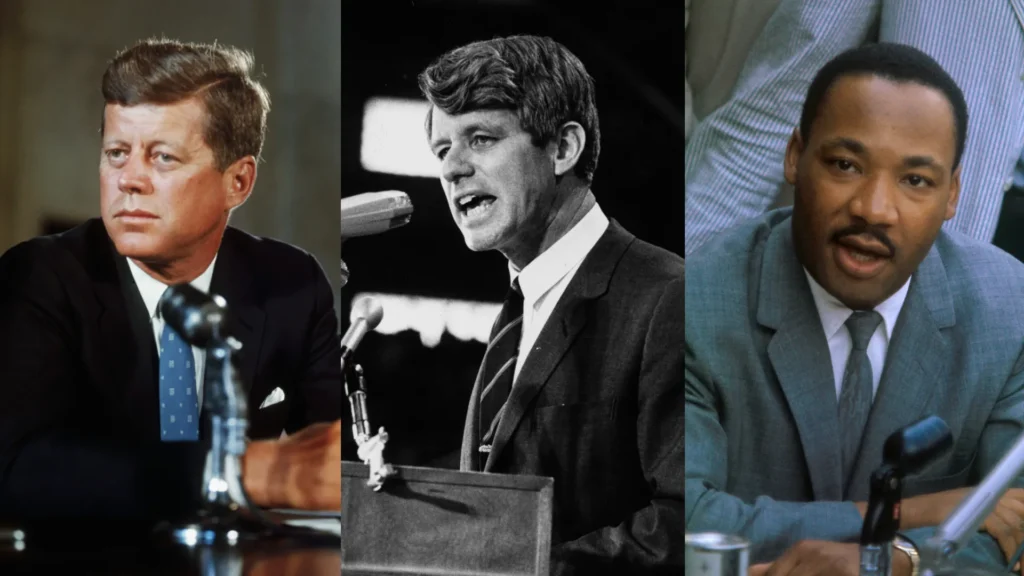
The Pentagon agency bans Black History Month events, citing compliance with Trump’s executive orders targeting DEI programs. This decision has sparked a national conversation about the role of racial inclusivity in federal institutions and the broader implications for equality in America.
In a move that has ignited widespread controversy, the Pentagon agency has announced a ban on Black History Month celebrations, aligning with former President Donald Trump’s anti-Diversity, Equity, and Inclusion (DEI) policies. This decision has drawn sharp criticism from civil rights advocates, historians, and lawmakers, who argue that it erases the vital contributions of African Americans to U.S. history.
What Led to the Pentagon Agency’s Decision?
The Pentagon agency bans Black History Month celebrations as part of a broader effort to adhere to Trump’s anti-DEI agenda. During his presidency, Trump issued executive orders aimed at reducing federal funding for DEI initiatives, labeling them as divisive and unnecessary.

The Pentagon agency bans Black History Month celebrations as part of a broader effort to adhere to Trump’s anti-DEI agenda. During his presidency, Trump issued executive orders aimed at reducing federal funding for DEI initiatives, labeling them as divisive and unnecessary.
Internal documents reveal that the agency views Black History Month as a DEI-related event, claiming such programs foster division rather than unity. Critics, however, argue that this decision undermines efforts to recognize and honor the historical achievements of African Americans, particularly within the military and federal workforce.
A Brief History of Black History Month
Black History Month, celebrated annually in February, was established to honor the contributions and achievements of African Americans throughout U.S. history. It began in 1926 as “Negro History Week,” founded by historian Carter G. Woodson and the Association for the Study of African American Life and History (ASALH). The week was chosen to coincide with the birthdays of Abraham Lincoln and Frederick Douglass, two figures central to the fight for racial equality.
In 1976, President Gerald Ford officially recognized Black History Month, urging Americans to celebrate the often-overlooked accomplishments of Black Americans. Since then, it has become a cornerstone of cultural and historical education in the United States.

The Impact of the Pentagon Agency’s Ban
The Pentagon agency bans Black History Month celebrations, sending a troubling message to African American service members and federal employees. For many, this month is a time to celebrate their heritage and contributions to the nation.
Critics argue that the ban undermines efforts to promote racial understanding and equality within the military and federal workforce. It also raises concerns about the future of other DEI-related events, such as Women’s History Month and Pride Month, which could face similar restrictions.
Interesting Facts About Black History Month
- Carter G. Woodson’s Legacy: Known as the “Father of Black History,” Woodson believed that understanding African American history was essential to achieving racial equality.
- Annual Themes: Since 1928, Black History Month has had annual themes. The 2023 theme was “Black Resistance,” highlighting the ongoing struggle for civil rights.
- Global Recognition: While primarily celebrated in the U.S., countries like Canada and the United Kingdom also observe Black History Month.
- Military Contributions: African Americans have served in every U.S. war, often fighting for freedoms they themselves were denied.
Conclusion
The Pentagon agency bans Black History Month celebrations, sparking a national debate about the importance of recognizing African American history and contributions. This decision highlights the ongoing struggle for racial equality and inclusivity in the United States.
Black History Month serves as a reminder of the resilience, courage, and achievements of African Americans. While the Pentagon agency’s ban may silence official celebrations, it cannot erase the enduring legacy of African Americans in shaping the nation.
As the conversation continues, it is crucial to remember the importance of honoring this history. The story of Black History Month is one of perseverance and triumph, and it deserves to be celebrated, not banned.
FAQs About the Pentagon Agency’s Ban on Black History Month
1. Why did the Pentagon agency ban Black History Month?
The Pentagon agency bans Black History Month celebrations, citing compliance with former President Trump’s anti-DEI policies. They argue that such initiatives create division rather than unity.
2. How has the public reacted to the ban?
The decision has sparked widespread criticism, with many accusing the agency of erasing African American history and perpetuating systemic racism.
3. What is the significance of Black History Month?
Black History Month honors the achievements and contributions of African Americans throughout U.S. history, promoting racial understanding and equality.
4. Could other cultural celebrations be banned?
There is concern that other DEI-related events, such as Women’s History Month and Pride Month, could face similar restrictions in the future.
5. What can individuals do to support Black History Month?
Individuals can educate themselves about African American history, support Black-owned businesses, and participate in local events that celebrate Black culture and achievements.